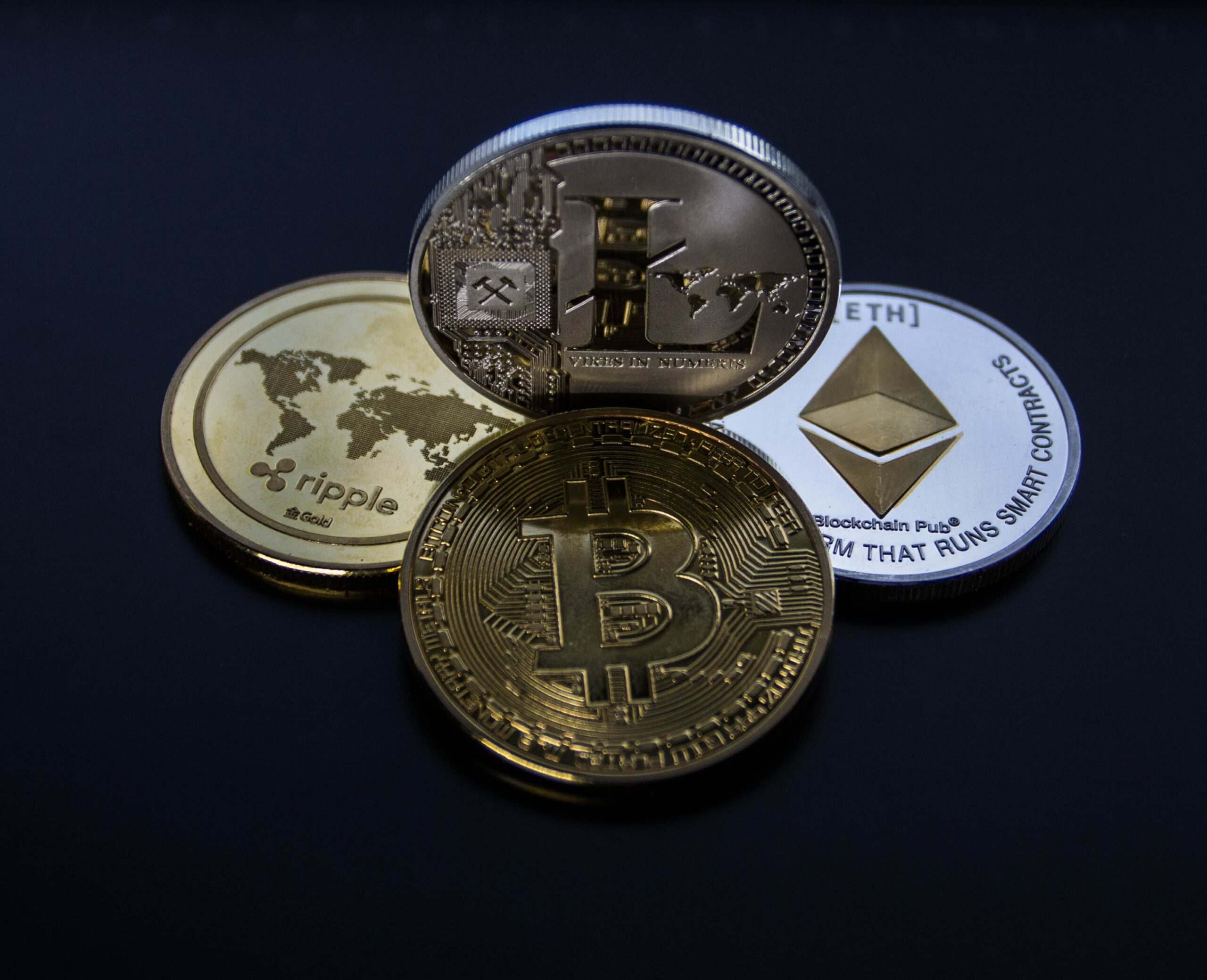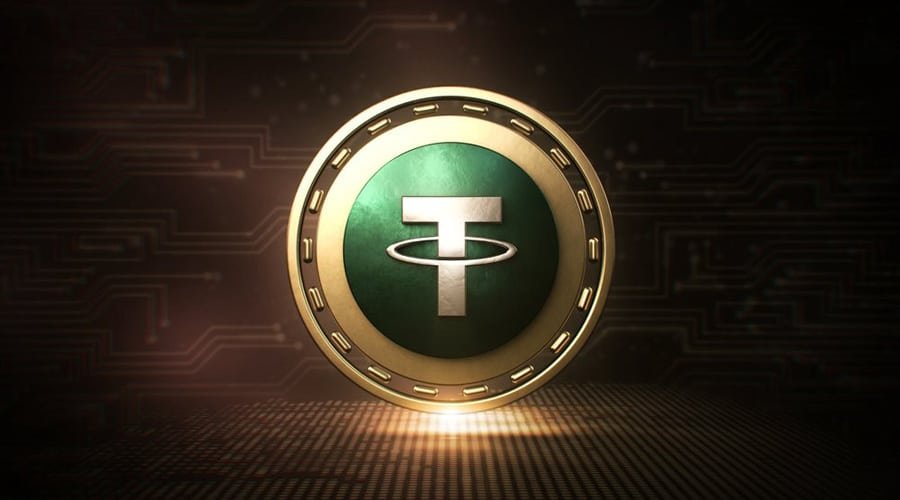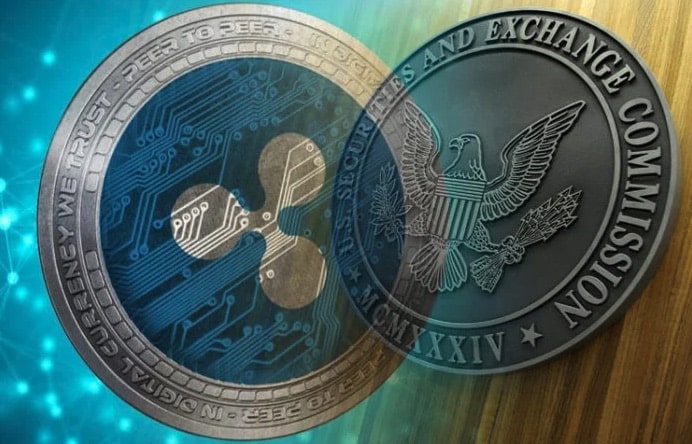
Cryptocurrencies are quickly becoming popular in the world, and the recent rise in price for Bitcoin to over $50,000 has attracted both investors and cybercriminals. The value of Bitcoin has made it the most popular cryptocurrency and given it the lead in market capitalization.
According to the 2019 AML (cryptocurrency Anti-Money Laundering) report from CipherTrace, a blockchain security firm, cryptocurrency crimes accounted for over $125 million from Bitcoin, Ethereum, and other digital currencies.
If you are a cryptocurrency trader, there are a few ways that you can keep your wallet safe from these cybercrimes.
1. Have a strong password
Use a unique password and do not use it on any other account or app just to be safe. Most of the time, we use the same password because it easy to remember, but assume that the hacker already knows a password to one of your applications.
Ensure that you keep changing your password after a certain interval to make it even harder to get through or even use the two-level password security. Also, utilize 2-factor authentication for extra security.
2. Don’t get phished
A lot of people with cryptocurrency wallets use mobile applications to manage them, and as the value of the cryptocurrency increase, hackers have devised even more unsuspicious ways of getting their credentials, including phishing.
Phishing is when hackers use emails, texts, or even application notifications pretending to be from reputable organizations to trick the user of the phone into revealing their personal information like passwords.
To avoid being a victim of this, use additional checks, don’t turn off vigilance, and use more secure channels.
3. Use a cold wallet
Cold wallets, also called hardware wallets, don’t require to be connected to the internet, unlike hot wallets, which makes them less vulnerable to cyber-attacks. Cold wallets are the best chance you have of safely storing your private keys because they come encrypted.
4. Have separate computers
Do not use the same computer for cryptocurrency and other things like gaming and editing documents, as that may increase the chances of getting cyber-attacks like phishing.
You should also refrain from having third-party software installed onto the computers you are using for your cryptocurrency.
For that one computer you are using for cryptocurrency, it is best not to install an antivirus on it because there is a possibility that the antivirus might send your wallet to the manufacturing company as being a suspicious file. While these are rare occurrences, you should be careful.
If you have to install an antivirus, it is also important to ensure it is the latest virus protection to keep it safe from newly arising vulnerabilities and attacks. Ensure that it is always updated, do not delete the malware checks, and be keen with all notifications.
5. Use secure internet connections
Avoid public Wi-Fi networks and also have your Wi-Fi network protected with a strong password when making crypto transactions or trading. For additional security, use a VPN even when using your home network.
The VPN changes your location and IP address, which keeps your browsing activities safe from cyber threats and private.
6. Have multiple wallets
Do not have all your eggs in one basket. Since there are no limitations to how many wallets you can create, have several of them and use one for daily transactions. That will ensure that even if something went wrong with one wallet, you still have some investment left.
7. Be keen on updates
Just like phishing, hackers may send you a notification that you need to update your software, and in the process, they may install a Trojan horse in your computer. If you have to update any software, do it from official sites, and even then check them further.
8. Have backups
Things happen, and sometimes we lose very valuable information, and it can also happen with your wallet. To avoid this, have encrypted up-to-date backups for all your wallets and send them to different places at the same time, either the cloud, a flash drive, or the mail.
Have a backup schedule and never deter from it. Download one of your backups after some time and confirm the availability of the data on it; you still remember the passwords, nothing is broken, and you can extract the information.











